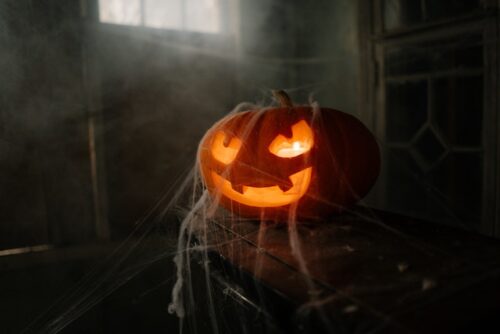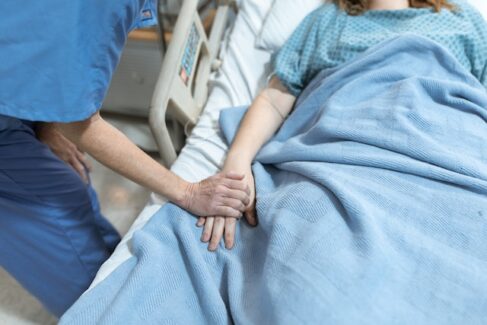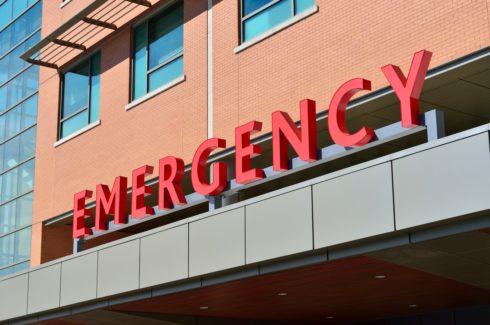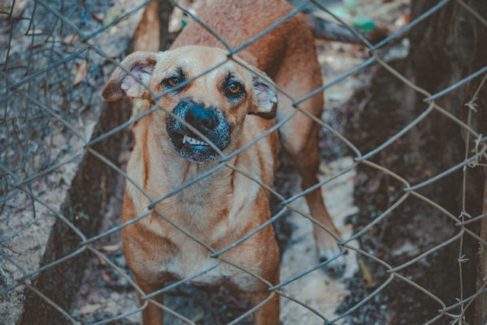
As the weather becomes colder and the leaves start to fall, you may be ready to do everything possible to get in the Halloween spirit! While carving pumpkins and watching movies is fun, you may want to get your adrenaline pumping a bit. Visiting a haunted house attraction is a fun way to feel the fright. While you intend to be scared, the last thing you expect is to suffer an injury! It’s essential to understand how to proceed if hurt in a haunted house and how a Prince George’s County personal injury attorney can help you recover compensation.
How Can Injuries in a Haunted House Happen?
While haunted houses are intended to scare and amuse guests, unfortunately, injuries can occur in these locations. The following are common reasons why those visiting may get hurt:
- Slips, Trips, and Falls: Haunted houses are often dimly lit to help keep guests in fear of the dark. However, the inability to see, coupled with the negligence of staff to ensure hazards are kept away from guests, can lead those moving through the attraction to become injured.
- Trampling: It’s necessary for ride operators to adhere to guidelines and occupancy limits when admitting guests into the attraction. Unfortunately, if they let too many people in at once, the crowd may become startled, trampling others as they try to move away from the scary actor.
- Falling Objects: Part of the thrill of haunted houses is the ambiance. However, if the props hung to help scare guests are not properly installed, they may fall on those walking by. As such, guests can sustain severe injuries, like neck and spine damage.
- Protrusions: Unfortunately, you may find that some haunted houses are poorly or quickly constructed. As a result, nails and screws can stick out of walls, and subsequently, guests can run into the wall. This can cause them to be stabbed by the protrusion in the process.
Who Can Face Liability?
If you are injured due to the negligence of another party, you may want to pursue compensation for the damages you’ve suffered. However, if you signed a waiver before entering the attraction, you may worry about your ability to file a lawsuit. In general, waivers can contain vague language. Additionally, if your injuries are caused by gross negligence, you can still pursue compensation.
Generally, the property owner and company responsible for running the attraction can face liability for injuries. If there is an issue with the property, such as unsafe conditions or failure to meet local coding laws, the property owner will face liability. However, if the fault lies in the negligence of the staff to ensure the safety of guests, the company can be held responsible for failure to train workers and uphold safety standards.
When hurt in a haunted house attraction, understanding who can face liability for the injuries you’ve endured is critical. At McCarthy, Winkelman & Mester, our dedicated team will do everything possible to assist you during these challenging times. Contact our firm today to learn more about how we can help you.


